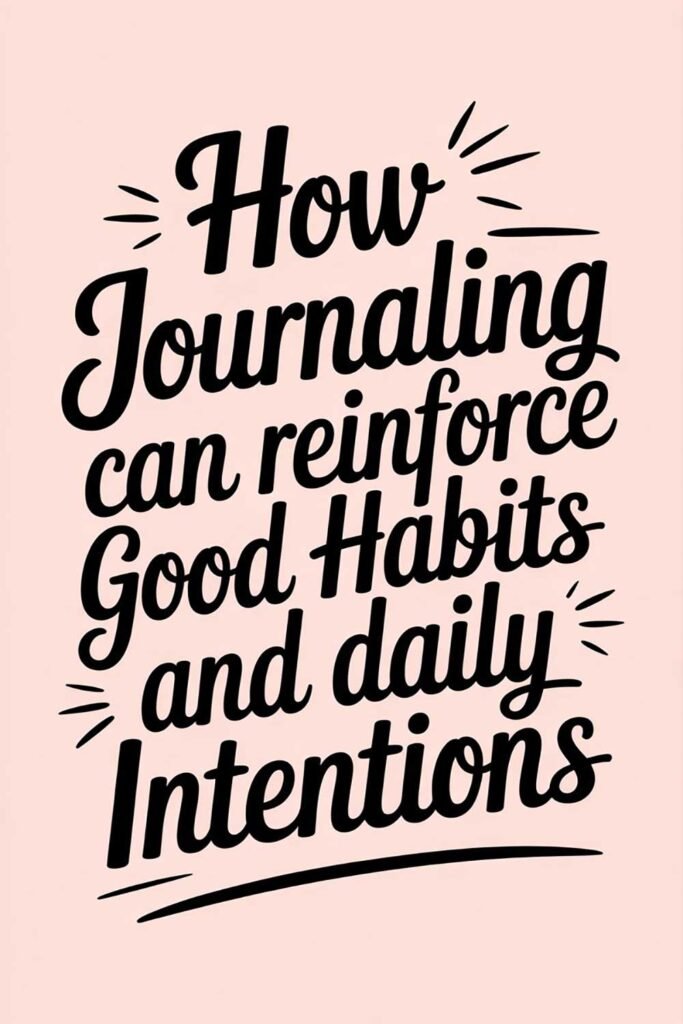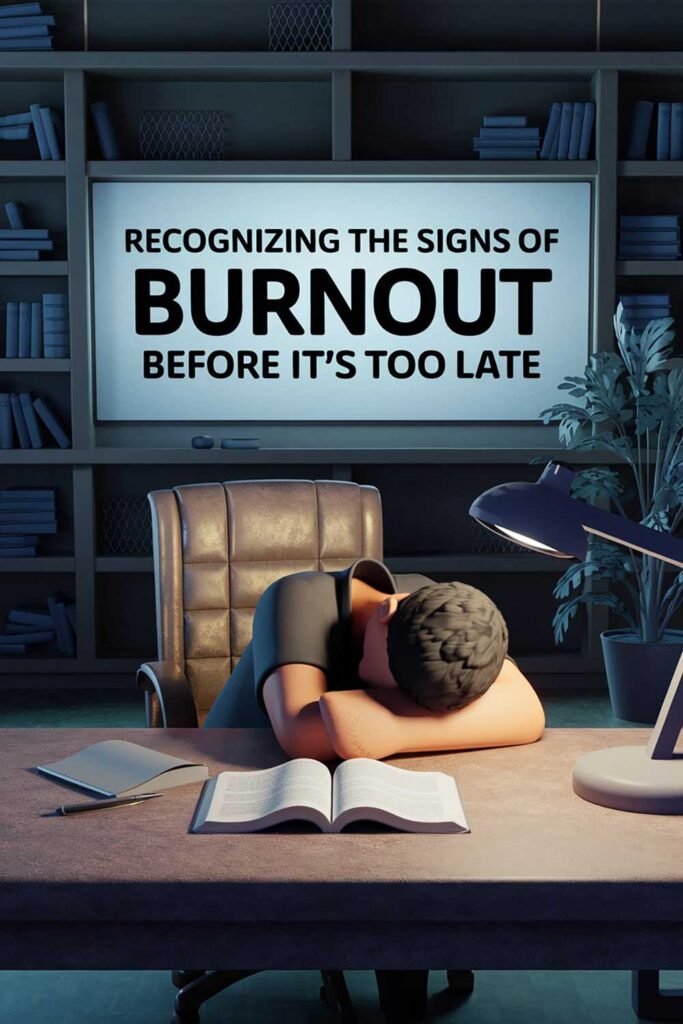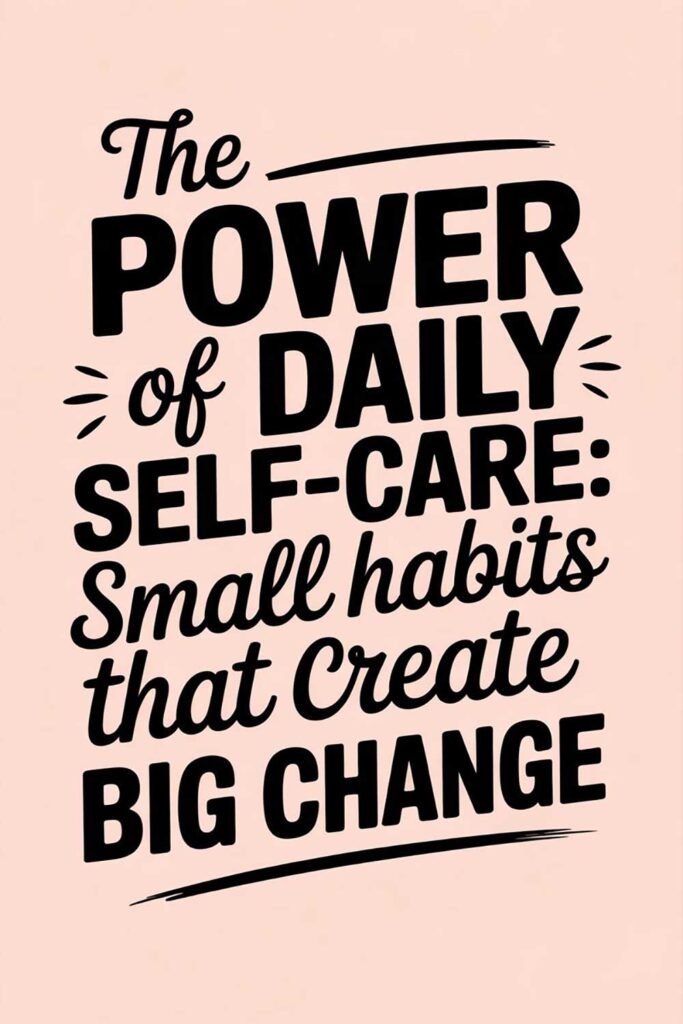How to Practice Self-Compassion and Silence Your Inner Critic
There’s a voice inside all of us. Sometimes, it cheers us on. But more often than we’d like to admit, it tears us down. It tells us we’re not good enough, not smart enough, not worthy of love, success, or happiness. This voice is your inner critic — and while it may believe it’s protecting you, it often does more harm than good.
The antidote? Self-compassion.
In this article, you’ll learn how to practice self-compassion and silence your inner critic so you can live with more peace, power, and self-acceptance.
What Is Self-Compassion?
Self-compassion means treating yourself with the same kindness, concern, and understanding that you’d offer a good friend. It involves recognizing your struggles without judging them, and offering yourself emotional support instead of self-shame.
According to Dr. Kristin Neff, a leading researcher on the topic, self-compassion consists of three main components:
- Self-kindness instead of self-judgment
- Common humanity instead of isolation
- Mindfulness instead of over-identification with pain
Why Silencing the Inner Critic Matters
Your inner critic thrives on perfectionism, fear, and shame. It stops you from taking risks, pursuing goals, and loving yourself.
When you silence the inner critic and replace it with compassion, you:
- Build emotional resilience
- Reduce anxiety and depression
- Increase motivation and self-worth
- Improve relationships
- Experience more joy and clarity
Real-Life Example: Maria, a freelance writer, used to freeze before submitting her work because her inner critic told her it wasn’t good enough. After learning self-compassion techniques, she began submitting more consistently and eventually landed her dream client.
1. Recognize the Voice of Your Inner Critic
Start by noticing when the voice shows up. It often uses phrases like:
- “I always mess this up.”
- “I’m not as good as them.”
- “I should be better.”
Awareness is the first step. Once you can hear it, you can respond.
Exercise: Write down the top three critical thoughts you repeat. Seeing them on paper helps you distance yourself from them.
2. Respond With Self-Kindness
If a friend said, “I failed at this,” you wouldn’t say, “You’re such a loser.” You’d say, “It’s okay. Everyone fails. You’re still awesome.”
Now say that to yourself.
Turn your self-talk into something kind:
- “I’m doing the best I can.”
- “Mistakes don’t define me.”
- “I deserve grace, not judgment.”
Real-Life Example: Derek, a new father, beat himself up for feeling overwhelmed. After learning self-compassion, he began telling himself, “This is hard. I’m learning. I’m doing my best.” It shifted everything.
3. Embrace Common Humanity
You are not alone in your pain, mistakes, or insecurities.
Self-compassion reminds you that everyone struggles sometimes. Everyone doubts themselves. Everyone fails.
When you realize your flaws are part of being human, it becomes easier to forgive yourself.
Practice: When you mess up, say: “This is part of being human. I am not alone.”
4. Practice Mindfulness Without Judgment
Mindfulness helps you notice difficult thoughts and feelings without getting swept away.
Try this when your inner critic speaks up:
- Pause.
- Acknowledge the thought: “Ah, here’s the critic again.”
- Breathe.
- Let the thought pass without reacting.
Real-Life Example: Taylor used to spiral for hours after making a mistake. With mindfulness, she now notices the reaction and lets it go within minutes.
5. Create a Self-Compassion Routine
Build compassion into your daily life:
- Write in a compassion journal
- Meditate with self-kindness affirmations
- Do body scans and breathing exercises
- Read books by Kristin Neff or Tara Brach
Morning Affirmation: “I give myself permission to be imperfect and still worthy of love.”
6. Rewrite Your Inner Narrative
Instead of listening to your critic, choose a new narrator. One that is kind, grounded, and hopeful.
Before: “I’m not smart enough for this.”
After: “This is a challenge, but I can figure it out.”
Exercise: Write a letter to yourself from the perspective of a compassionate friend. Keep it nearby and reread it when the critic appears.
7. Surround Yourself With Supportive Voices
Spend time with people who uplift you. Follow social media accounts that promote self-worth. Read books and listen to podcasts that challenge your inner critic.
Real-Life Example: Leah unfollowed all “perfect life” influencers and replaced them with mental health educators. Her self-talk improved in weeks.
8. Celebrate Progress, Not Perfection
Your inner critic thrives on impossible standards. Break the cycle by acknowledging effort over outcome.
Daily Habit: Write down one thing you did well today, no matter how small.
Over time, you’ll rewire your brain to focus on growth.
9. Ask: Would I Say This to a Child?
When your inner critic gets harsh, imagine saying those words to a child.
Would you say, “You’re a failure,” or “You’ll never be good enough”?
Of course not. You’d encourage them with patience, love, and belief.
Give yourself that same grace.
10. Remember: You Are Always Worthy
You don’t have to prove your worth. You were born with it.
Even when you make mistakes. Even when you fall behind. Even when you don’t feel like enough.
You still are.
Self-compassion is a practice. And it’s one worth choosing again and again.
20 Quotes About Self-Compassion and Silencing the Inner Critic
“Talk to yourself like you would to someone you love.” – Brené Brown
“You yourself, as much as anybody in the entire universe, deserve your love and affection.” – Buddha
“Self-compassion is simply giving the same kindness to ourselves that we would give to others.” – Christopher Germer
“There is no greater wealth in this world than peace of mind.” – Unknown
“Be kind to yourself. You are doing the best you can.” – Unknown
“You are allowed to be both a masterpiece and a work in progress simultaneously.” – Sophia Bush
“Owning our story and loving ourselves through that process is the bravest thing we’ll ever do.” – Brené Brown
“You are not your mistakes.” – Unknown
“Progress, not perfection.” – Unknown
“Give yourself permission to be kind to yourself.” – Kristin Neff
“Don’t believe everything you think.” – Unknown
“Sometimes the most important thing in a whole day is the rest we take between two deep breaths.” – Etty Hillesum
“Self-compassion is the foundation of true strength.” – Sharon Salzberg
“It’s not selfish to love yourself, take care of yourself, and make your happiness a priority.” – Mandy Hale
“Inhale confidence. Exhale doubt.” – Unknown
“You are doing better than you think.” – Unknown
“The only person you are destined to become is the person you decide to be.” – Ralph Waldo Emerson
“You are not broken. You are becoming.” – Brianna Wiest
“Self-compassion is not about letting yourself off the hook, it’s about owning your pain and choosing kindness anyway.” – Unknown
“Your inner critic is not the voice of truth. It’s the voice of fear.” – Unknown
📸 Picture This
It’s a quiet morning. You wake up feeling behind. Your mind begins to list everything you did wrong yesterday. But instead of spiraling, you place your hand over your heart and whisper, “It’s okay. I’m learning. I’m growing. I’m still worthy.”
You breathe. You soften. You start your day with grace instead of guilt.
This is the power of self-compassion. And it can become your new normal.
So, what will you say to yourself with love today?
📢 Please Share This Article
If this article helped you quiet your inner critic, please share it with someone else who needs to hear that they are enough.
⚠️ Disclaimer
This article is for informational and educational purposes only. It is based on research, real-life examples, and self-help techniques. Everyone’s emotional journey is unique. For deeper support, consider working with a licensed therapist or counselor.






